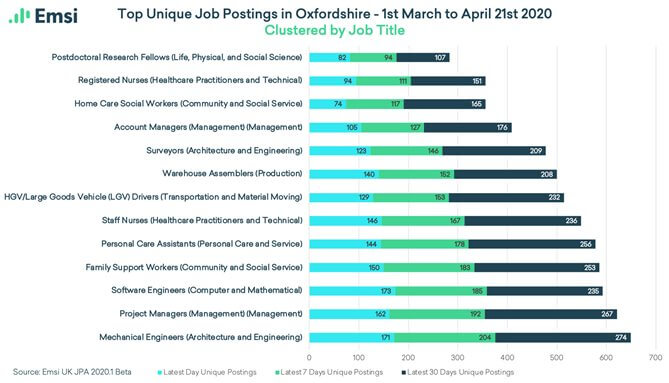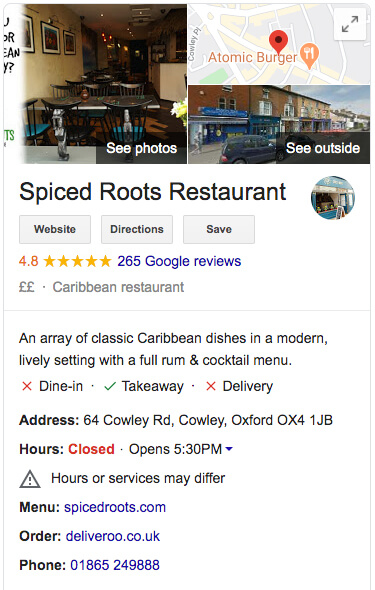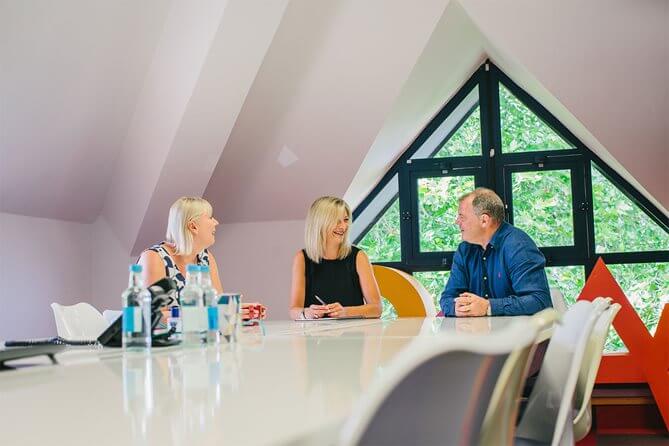Which industries have been hardest hit and how are they weathering the storm?

“It turns out our brain is sensitive, maybe too sensitive, to motion. It’s a survival mechanism.” – Neil deGrasse Tyson
To state the basic facts, the fallout from Covid-19 has and will continue to hit certain sectors of the Global and British economy harder than others. According to the Office for Budget Responsibility, the UK gross domestic product could plummet by 35% between April and June 2020 due to coronavirus-related market chaos.
Additionally, according to analysis by the Office for Budget Responsibility, Education, Tourism and Travel, Hospitality and Retail will be the industries hardest hit by the coronavirus epidemic – with the Education industry expected to witness a 90% reduction in output overall.
Within the retail sector, debilitating constraints have been placed on retailers in the manner of numbers of staff they can have working within their spaces at any one time, as well as sheer volume of orders vs. realistic capacity to fulfil them. Some retailers, such as Decathlon, have set a strict limit on the total number of items that can be ordered daily through their website in order to keep delivery flowing, and many smaller retailers with far less capacity have stopped orders altogether, finding themselves unable to cope with the huge demand resulting from the Government's instructions to the public (ultimately their consumers) to stay at home.
Unsurprisingly, the recruitment industry is being significantly impacted. As the graphs below by Emsi depict, the top unique postings in Oxfordshire between 1st March and 21st April 2020 include the healthcare, assistance and food transportation space as demand for key workers surges.

Globally, the story is frighteningly mirrored. According to the Moody’s Investors Service Heat Map, it is retail, restaurants and cafeterias, passenger airlines, shipping and lodging which will be hardest hit. Unsurprisingly, the research found that grocery stores or supermarkets, packaging and telecommunications would emerge “comparatively” unscathed. Predictions estimated that a quick recovery over the course of a few months would hurt 16% companies, while a prolonged virus could hurt a whopping 45% if the virus flows into the second half of the year – with global oil and gas companies potentially completely debilitated due to reduced global and national mobility.

Indeed, in Oxfordshire the statistics ring true. The high levels of in-commuting into the city, estimated to be around 46,000 people according to the Oxford City Council official website, has witnessed a sharp and eerie halt as none but essential staff and key workers are continuing to commute.
“Learning is not compulsory…neither is survival”
As American author and management consultant W. Edwards Deming once intimated, learning is not only an element of survival, but a necessity for it – as is continuous motion. If societies need to move forward in order to survive, we as individuals within it may, and should, seize our current situations as a development opportunity. In Oxfordshire we have seen countless examples of individuals and businesses finding means and methods of establishing a new sense of self in a drastically changed society.
Weathering the storm locally – the Oxfordshire experience
In the restaurant and casual dining space, the much-loved Oxford Covered Market, Jericho Coffee Traders, G and Ds Ice Cream Emporium, No1 Ship Street, Spiced Roots and many more local Oxford businesses struggling amidst the current pressures have switched to takeaway and collection-only options to keep their business running and local bellies filled.
Hip bar Big Society, with its urban décor and Us-style fast food offering, now has “DIY delivery” of their most-loved deconstructed cocktails to assemble at home. And world information technology giant Google has implemented a search function to enable customers to see how and when local businesses are operating with newly implemented “Takeaway” “Delivery” and “Dine-in” tabs via the search operation.

Local yoga studios and gyms including Prana Yoga Oxford are streaming online sessions and gym classes for Oxfordshire members and newbies with the aim of promoting mindfulness, a sense of the togetherness which at present is seemingly unattainable and a higher level of spirituality during these difficult months.
001 Taxis have developed a new app offering their travel services to local Oxfordshire residents and vulnerable individuals who need grocery deliveries but cannot leave their homes.
UK-wide, The National Theatre are streaming world-class theatre performances for the public to watch at home and offering “a night in and meal experience” with delivered snacks and an interval for certain postcodes.
Here, at Allen Associates our substantial use of video and Skype calls – both for our candidate registrations, client meetings and internal liaison – has become a 100% use! Some businesses in Oxfordshire have also taken the leap to virtual tours of office environments in order to replace in-person tours and to eliminate face-to-face contact for recruitment purposes. Crown Packaging in Wantage now offer virtual livestreaming tours of the office for potential candidates in order to provide a better rounded view for potential new staff. Having adapted our services remotely, we’re maintaining our relationships with our Clients, Candidates, and each other through this difficult and unprecedented time. And what is clear from every individual we have met both in person and virtually, is that, in the words of Isabel Allende; “in times of necessity, people do amazing things. The human capacity for survival and renewal is awesome.”
We are here for you now, and for the future.

